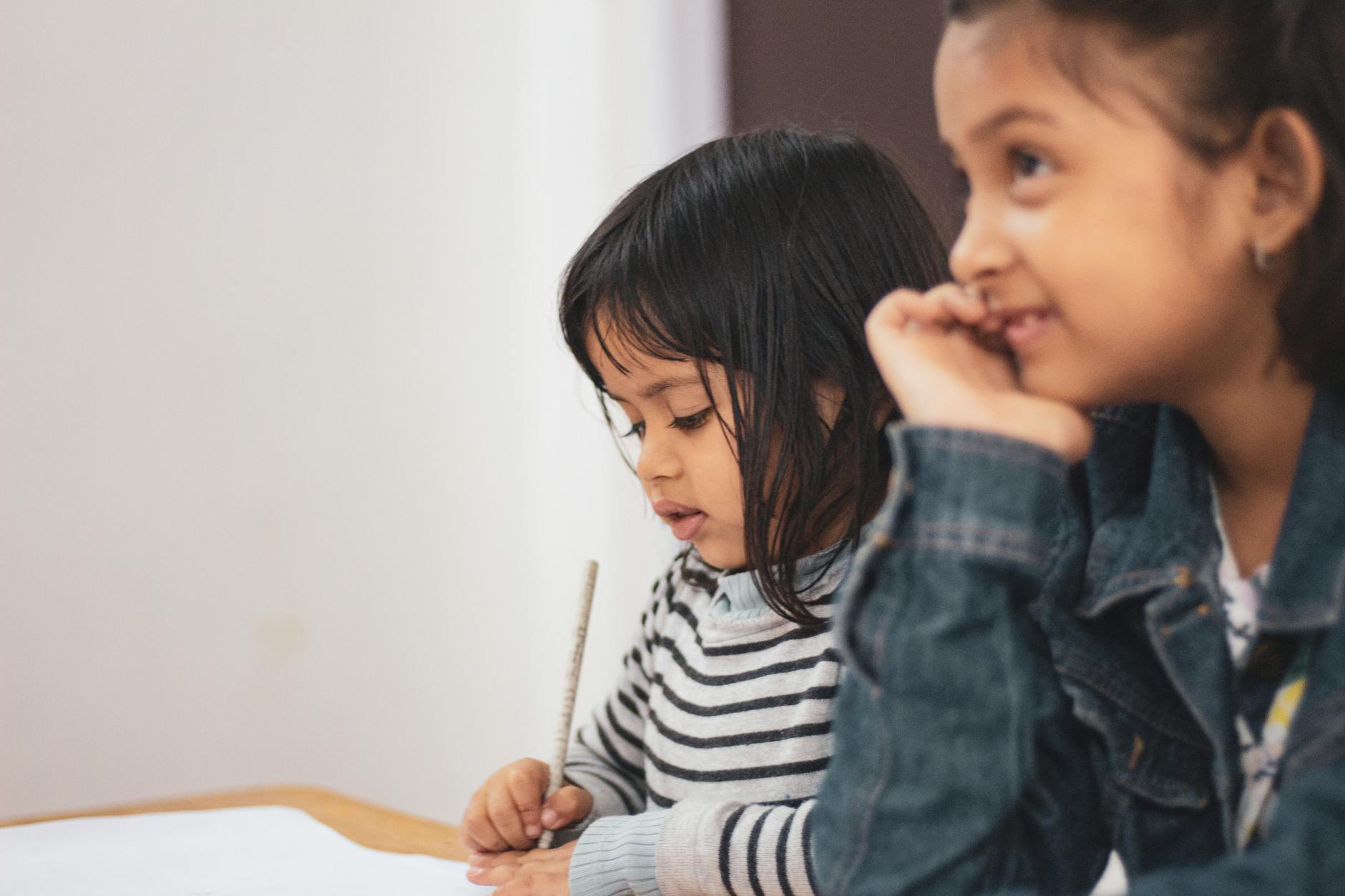Introduction:
Learning French from a young age offers children a head start in developing bilingual skills, enhancing cognitive abilities, and opening doors to global opportunities. However, for parents who may not speak French themselves, guiding their child through this journey can seem daunting. This blog provides practical tips and strategies to help parents create a fun and supportive environment for their kids to learn French, making the process enjoyable and manageable for the entire family.
1. Start Early and Make It Fun
Incorporate French Into Daily Routines:
- Integrate simple French phrases into everyday activities like meal times and bedtime. This consistent exposure helps children learn naturally without formal lessons.
Use Interactive Tools:
- Utilize educational apps, online games, and videos designed for kids to make learning French engaging and fun. Choose tools that match your child’s interests to keep them motivated.
Starting early and making the process enjoyable ensures that learning French becomes a natural and exciting part of your child’s daily life.
2. Create a French Learning Environment
Label Common Items Around the House:
- Place French labels on everyday objects like doors, windows, and furniture to reinforce vocabulary through constant visual exposure.
Play French Songs and Nursery Rhymes:
- Introduce French music and nursery rhymes to make language learning enjoyable and memorable, helping with pronunciation and listening skills.
Set Up a French Corner:
- Designate a space with French books, flashcards, and educational toys where your child can engage with the language regularly.
Creating a French-focused environment at home makes the language more accessible and integrated into your child’s daily experiences.
3. Use Multimedia Resources
French TV Shows and Cartoons:
- Introduce your child to age-appropriate French TV shows and cartoons to enhance listening skills and pronunciation in a fun, engaging way.
French Storybooks:
- Read popular French children’s books together to build vocabulary and foster a love for the language, even if you’re learning alongside them.
Multimedia resources make learning French dynamic and enjoyable, helping your child absorb the language naturally through visual and auditory experiences.
4. Involve the Whole Family
Learning Together:
- Encourage parents and siblings to learn basic French alongside the child, creating a supportive and shared learning experience.
Family Language Games:
- Play language games like French bingo or memory games as a family to make learning interactive and fun.
Involving the entire family in learning French fosters a positive environment and makes the process more engaging for your child.
5. Encourage Interaction with Native Speakers
Language Exchange Playdates:
- Arrange playdates with French-speaking children to give your child real-life practice and social interaction.
Online Language Tutors:
- Consider online tutoring sessions with native speakers who specialize in teaching French to kids for personalized and effective learning.
Interacting with native speakers helps your child develop authentic language skills and boosts their confidence in using French.
6. Set Realistic Goals and Be Patient
Small Steps Lead to Big Gains:
- Set achievable language goals for your child and celebrate their progress to keep them motivated.
Consistency Over Perfection:
- Focus on regular practice rather than perfection, understanding that learning a language takes time and patience.
Setting realistic goals and maintaining patience ensures a positive and encouraging learning journey for your child.
7. Travel and Cultural Exposure
Plan Trips to French-Speaking Regions:
- Consider family trips to French-speaking countries for immersive language and cultural experiences.
Celebrate French Holidays:
- Participate in French holidays like Bastille Day at home with themed activities and cuisine to deepen cultural understanding.
Travel and cultural exposure enrich your child’s language learning by providing real-world context and experiences.
Conclusion
Learning French from a young age offers long-term benefits, including cognitive development and global opportunities. By incorporating French into daily routines, using engaging resources, and creating a supportive environment, parents can make the learning process enjoyable and effective. Remember to set realistic goals, involve the whole family, and embrace cultural experiences to enrich your child’s journey in learning French.


